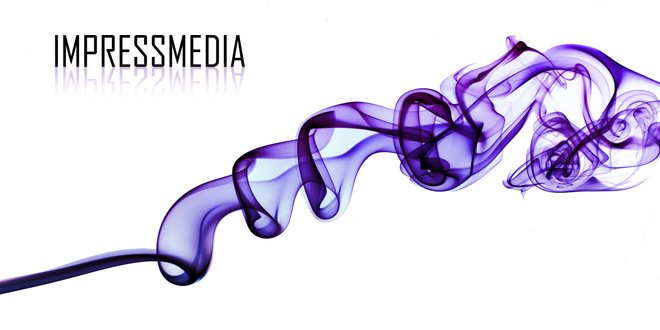
The group project is going well with several meetings to move the project forward. Our schedule has enabled us to divide up the project allowing me to research newspaper articles, video footage and formulate some questions for our contributors.
After wading through past newspapers from November last year I found several articles about the use of foreign workers, photographs and headlines showing immigrant queues and articles about the growth of the BNP within several sections of our community including the police.
I was also interested to find articles about buildings, such as schools and redundant offices being occupied as homes with reduced rents. This helps people on low income find a home and reduces the vandalism of large buildings within the community. We hope to be able to use this information in our video.
Finding video footage was a more challenging task. I began by researching the BNP. Youtube provided some ‘interesting’ footage of Nick Griffin, the BNP leader at a red white and blue social gathering. I looked into the ITN news footage of the 1980s miners’ strike. These images could also be useful. I also researched the BBC motion gallery and Huntley Film archive but the footage has to be purchased as it is copyright. I will have to look into copyright issues if we want to use any of this material. I am also interested in the music that we will use. The music ‘Jerusalem’ is often linked to Nationalism as well as the music used for the Women’s Institute!
I also found:
Carl Orff's - O’fortuna = which could be used as an introduction for the piece.
Lee Dorsey - Working in the Coal Mine = related to the miner strike
Labi Siffre – something inside so strong ?
Bernard cribbins – hole in the ground ?
One of our contributors is Bath's Liberal Democrat MP, Don Foster. An interview has been set up for 7th April at his offices. We all have been thinking of questions to ask him. Here are a few of my thoughts.
So that our video can be different to others I thought that we could ask questions from our perspective as media students soon to be in the job market. This makes the film personal and has more of a direct focus.
My proposed questions for Don Foster Bath Lib Dem MP interview
As a supporter of the ‘warm front scheme’ in tackling fuel poverty,
how do you think that this has helped families to budget in the current recession?
As spokesman on education in the 1990’s,
How do you think education will help people to get better jobs for the future?
Avon and Somerset police missed out on 12 million pounds funding equating to 300 police officers.
Do you think that crime has increased in Bath because of the recession?
As media students and soon to be entering the job market,
what do you think of the BBC budget cuts and its impact on the independent production sector?
Do you know what proportion of the Bath community are foreign workers?
What sort of jobs do they do in this locality?
Do you think that local people resent foreign workers?
We are finding out about the growth of nationalism,
What do you feel about the increase popularity of the British National Party?











